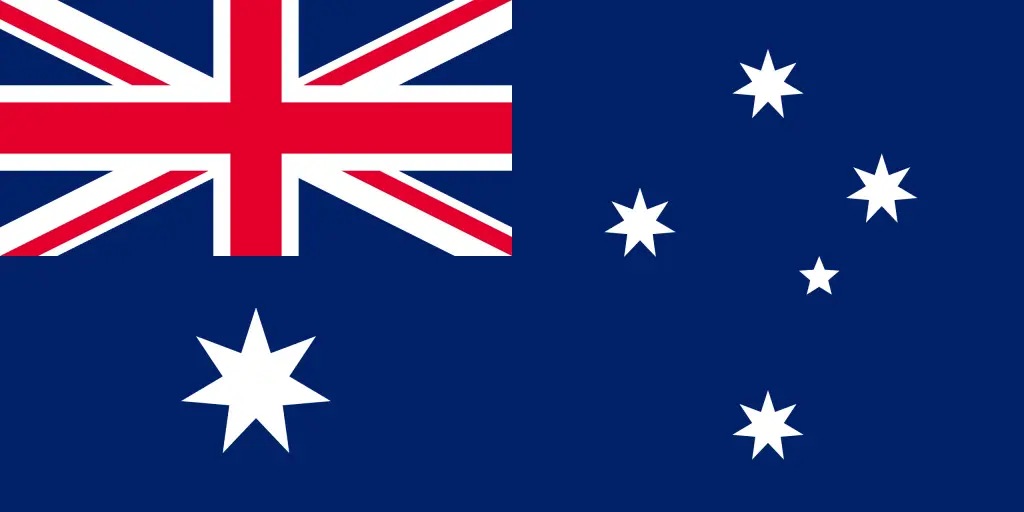Country Information
| Sovereign State | Yes |
| Country Codes | ID, IDN |
| Official Name | Republic of Indonesia |
| Continent | Asia |
| Capital | Jakarta |
| Government Type | Presidential System, Unitary State |
| Currency | Indonesian Rupiah (IDR) |
| Calling Code | +62 |
| Member Of | United Nations, Association of Southeast Asian Nations (ASEAN), G20, OIC |
| Population | Over 270 million (as of 2023) |
| Total Area | Approximately 1,904,569 square kilometers |
| Highest Point | Puncak Jaya (4,884 meters or 16,024 feet) |
| Lowest Point | Indian Ocean (0 meters or 0 feet) |
| GDP Per Capita | About $4,135 USD |
| Life Expectancy | Around 71 years |
| Internet TLD | .id |
Indonesian National Anthem
Indonesia Raya
Indonesia, my homeland,
The land where I shed my blood,
There, I stand to be the mother of all,
I am its guide and loving heart.
My country, my homeland, to thee I devote,
I shall defend the land, I shall cherish the nation and the people,
Let us all pray for Indonesia’s progress,
Long live my land, long live my state,
My nation, my people, entirely,
Let us all be united in heart,
Indonesia united,
Long live Indonesia, a land of peace,
Prosperity, justice and prosperity.
Flags of Neighboring Countries








History of the Indonesian Flag
The flag of Indonesia, known as ‘Sang Saka Merah Putih’, or simply ‘Merah Putih’ (Red and White), has a profound significance and a rich history that dates back to the country’s struggle for independence. Officially adopted on August 17, 1945, the flag symbolizes the nation’s fight for freedom from Dutch colonial rule.
The design of the flag is simple yet meaningful, consisting of two horizontal bands with red on top and white below. The red represents courage and human blood, while the white stands for purity and the spirit of the people. This color scheme is similar to the flag of the Majapahit Empire, a powerful kingdom in Indonesia’s history, signifying the nation’s historical roots and heritage.
Throughout Indonesia’s history, the flag has been a rallying symbol for independence. It was first hoisted on August 17, 1945, coinciding with the proclamation of independence from the Netherlands. The moment was a significant turning point in Indonesian history, marking the end of colonial rule and the beginning of a new era.
Over the years, the Merah Putih has been a central part of Indonesia’s national identity, representing unity in diversity among the country’s numerous ethnic groups, languages, and cultures. The flag is a reminder of the sacrifices made by the people in their struggle for independence and serves as a symbol of national pride and unity. The simplicity of the design reflects the nation’s philosophy of ‘Bhinneka Tunggal Ika’ (Unity in Diversity), emphasizing the idea that despite being a nation of varied cultures and religions, Indonesia stands united under one flag. The flag is not only a national emblem but also a reflection of the country’s rich cultural tapestry and enduring spirit.

